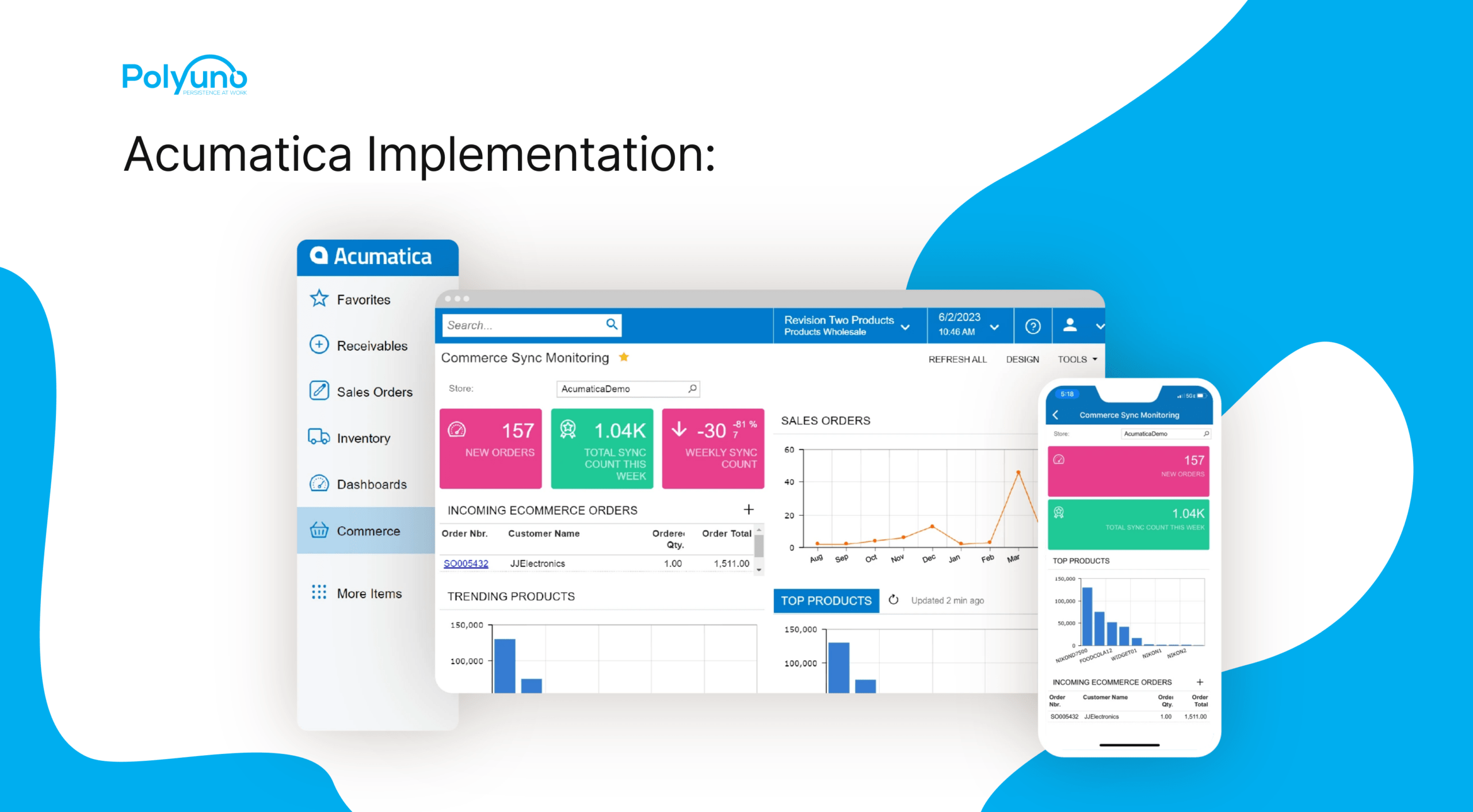Developing a marketing plan for nonprofit organizations can be a challenging task. Non-profit organizations often have limited resources, small teams, and a need to reach a diverse audience. However, a well-crafted marketing plan can help a nonprofit organization to achieve its goals, attract new donors, and build stronger relationships with existing supporters.
To create an effective marketing plan for a nonprofit organization, it's important to start with a clear understanding of the organization's goals and target audience. Non-profit organizations often have multiple goals, such as increasing awareness of their cause, raising funds, and promoting their programs and services. Therefore, it's essential to prioritize these goals and develop a plan that addresses each of them.
Once the goals and target audience are identified, the next step is to develop a messaging strategy that resonates with the audience. The messaging strategy should be consistent across all marketing channels, including social media, email marketing, and print materials. By developing a clear and consistent message, non-profit organizations can build trust and credibility with their audience, which can lead to increased engagement and support.
Understanding Nonprofit Marketing Plan
Developing a nonprofit marketing plan is crucial for any nonprofit organization to achieve its mission, vision, goals, and objectives. A nonprofit marketing plan outlines the strategies and tactics that the organization will use to promote its unique value proposition, increase brand awareness, and achieve its goals.
Importance of Nonprofit Marketing Plan
A nonprofit marketing plan is important because it helps the organization to communicate its message effectively to its target audience. By defining the target audience and understanding their needs, the nonprofit can create a marketing plan that resonates with them, and helps the organization to achieve its goals. A nonprofit marketing plan also helps create a digital footprint for the organization, which can attract new donors, volunteers, and supporters.
Components of Nonprofit Marketing Plan
A nonprofit marketing plan typically includes the following components:
- Mission, Vision, and Goals: The nonprofit marketing plan should start with a clear statement of the organization's mission, vision, and goals. This helps to ensure that all marketing activities are aligned with the organization's overall objectives.
- Objectives: The nonprofit marketing plan should define specific, measurable, achievable, relevant, and time-bound (SMART) objectives. These objectives should be aligned with the organization's goals, and should be used to measure the success of the marketing plan.
- Strategies: The nonprofit marketing plan should define the organization's strategies to achieve its objectives. These strategies should be based on a thorough understanding of the target audience and should be aligned with the organization's unique value proposition.
- Tactics: The nonprofit marketing plan should define the organization's tactics to implement its strategies. These tactics can include a range of marketing activities, such as social media marketing, email marketing, content marketing, and event marketing.
In conclusion, a nonprofit marketing plan is critical for any nonprofit organization that wants to achieve its mission, vision, and goals. By defining its target audience, setting SMART objectives, and developing effective strategies and tactics, a nonprofit can create a marketing plan that helps to increase brand awareness, attract new donors and supporters, and achieve its objectives.
Developing a Nonprofit Marketing Plan
Developing a nonprofit marketing plan is crucial for organizations that want to achieve their goals and objectives. By creating a strategic plan, nonprofits can reach their target audience, increase awareness, and generate more donations and funds. In this section, we will discuss the key components of a nonprofit marketing plan.
Defining Your Target Audience
Defining your target audience is the first step in developing a nonprofit marketing plan. It is important to understand who your audience is, what they care about, and how they interact with your organization. Nonprofits can use tools such as social media analytics, website traffic data, and donor surveys to gather information about their audience.
Setting Marketing Goals and Objectives
Setting marketing goals and objectives is the second step in developing a nonprofit marketing plan. Nonprofits should identify what they want to achieve through their marketing efforts, such as increasing website traffic, social media engagement, or donations. These goals should be specific, measurable, achievable, relevant, and time-bound (SMART).
Choosing the Right Marketing Channels
Choosing the right marketing channels is the third step in developing a nonprofit marketing plan. Nonprofits should identify which channels will most effectively reach their target audience, such as social media, email newsletters, or blogging. Choosing channels that align with the nonprofit's goals and objectives is important.
Creating Compelling Content
Creating compelling content is the fourth step in developing a nonprofit marketing plan. Nonprofits should create content that is informative, educational, and engaging. This content can include blog posts, videos, infographics, and reports. Nonprofits should also use storytelling techniques and testimonials to build relationships with their audience.
Measuring Marketing Performance
Measuring marketing performance is the final step in developing a nonprofit marketing plan. Nonprofits should track their marketing efforts to determine what is working and what is not. This can include analyzing website traffic, social media engagement, and email list growth. Nonprofits should use this data to refine their marketing strategies and tactics.
In conclusion, developing a nonprofit marketing plan is essential for organizations that want to expand their reach, engage with supporters, and achieve their goals and objectives. By defining their target audience, setting SMART goals and objectives, choosing the right marketing channels, creating compelling content, and measuring their marketing performance, nonprofits can create a successful digital footprint and build meaningful relationships with their current and potential donors.
Custom Software Development with Polyuno
Polyuno is a software development company that specializes in creating custom software solutions for non-profit organizations. They understand that non-profits have unique needs and challenges when it comes to marketing and fundraising, and they work closely with their clients to develop software solutions that meet those needs.
One of the key advantages of working with Polyuno is its expertise in developing software that integrates with existing systems. Non-profit organizations often have multiple systems in place for donor management, fundraising, and other operations. Polyuno can create custom software that integrates with these systems, streamlining operations and making it easier for non-profits to manage their data.
Polyuno's software development process is highly collaborative, with the company working closely with its clients to understand their needs and develop solutions that meet those needs. They use agile development methodologies to ensure that their clients are involved in every step of the process and that the software they develop is tailored to their specific needs.
In addition to custom software development, Polyuno offers various other services to non-profit organizations, including website design and development, digital marketing, and IT consulting. They are committed to helping non-profits succeed in their missions by providing them with the tools and support they need to achieve their goals.
Overall, Polyuno is an excellent choice for non-profit organizations looking to develop custom software solutions. Their expertise, collaborative approach, and commitment to non-profit success make them valuable partner for any organization looking to improve their marketing and fundraising efforts.




